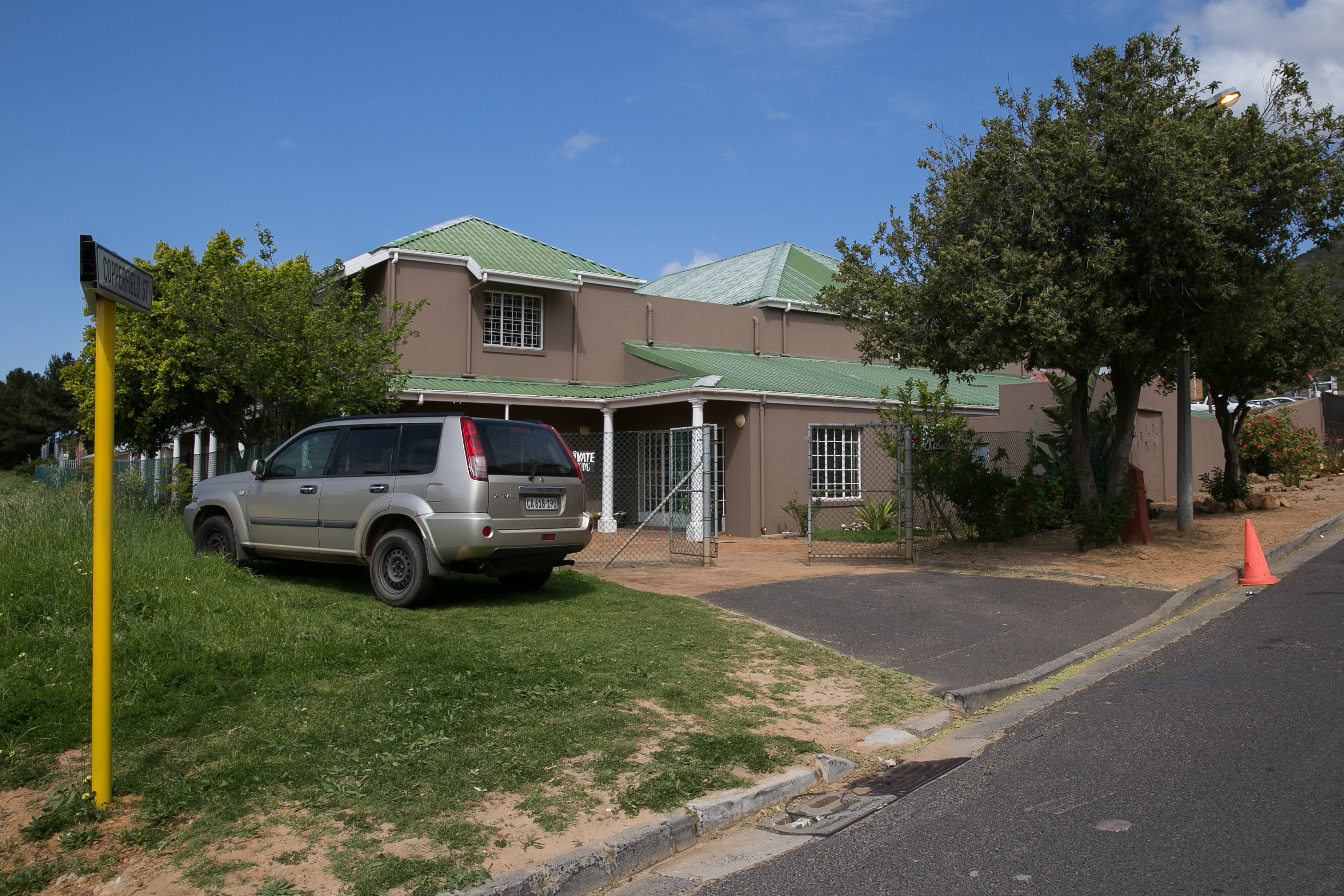City’s Plan for Affordable Housing: A New Approach
The City of Cape Town has set an ambitious goal to develop 12,000 affordable housing units aimed at households earning less than R32,000 a month. The city believes that many of these homes can be constructed without relying on state subsidies. This raises the question of how this plan will function and what it means for the residents who need affordable housing.
Understanding Affordable Housing Models
Affordable housing can take various forms, including social housing, Gap housing, and open-market affordable housing. To date, 4,849 affordable homes in Cape Town have been built as state-subsidised social housing. The city plans to add another 2,741 of these homes, along with 916 Gap houses, which are also government-funded.
However, due to limited national funding, the city may not be able to build all 12,000 units if it continues to rely solely on social and Gap housing models. These models target households earning less than R22,000 a month. Social housing developers receive one-time subsidies, while Gap housing is subsidised through government grants, allowing homes to be sold at more affordable prices.
Challenges in Current Models
Despite their intentions, there are several challenges with these existing models. The Social Housing Regulatory Authority (SHRA) has faced budget cuts, causing delays in projects. Additionally, the once-off grants provided by the SHRA for social housing are often insufficient to achieve scale and have not kept up with inflation. This places pressure on developers to find alternative funding sources.
Rising operating and maintenance costs further complicate the situation, making it difficult for developers to cover costs while keeping rentals affordable. As a result, the city is exploring new strategies to address these issues.
Introducing Open-Market Affordable Housing
To overcome these challenges, the city is proposing open-market affordable housing, which does not rely on state subsidies. Mayco member for human settlements, Carl Pophaim, explained that the city plans to sell land to developers at discounted rates, with agreements ensuring that a certain number of affordable homes will be built on the land.
These developments are expected to be mixed-use, allowing developers to cross-subsidise affordable housing units with higher-end market-rate units and, in some cases, retail or office space. For example, a cross-subsidisation model is being proposed for a site in Green Point.
However, Pophaim acknowledged that the high property prices in urban centres pose a challenge, even with the city’s discounts. Researchers like Jens Horber from Ndifuna Ukwazi agree that cross-subsidisation is becoming increasingly common, especially given funding constraints.
Ensuring Affordability
State-subsidised social housing developments are regulated under the Social Housing Act, with rental caps set at 33% of household income, up to R7,326 per month. In contrast, open-market affordable housing will not fall under this act.
Pophaim stated that rentals for these homes should not exceed 30% of household income, translating to R9,600 for a household earning R32,000. The city is currently conducting financial feasibility modelling to inform guidelines for this market segment.
He noted that the price difference between affordable units and other open-market units is not significant, which could create opportunities for upward mobility for households. Developers will conduct means-testing for potential tenants.
Defining Affordability
Pophaim mentioned that the city’s income threshold for affordable housing is based on the Banking Association of South Africa (BASA) and the Financial Sector Code Affordable Housing Standards. However, activists like Horber point out that at least 75% of households in Cape Town earn less than R18,000, according to the 2011 Census.
A 2022/23 Income and Expenditure Survey by StatsSA shows that half of households in the city earn below R20,700 a month. Horber emphasized the need for the city to ensure that affordable housing caters to the broader population, not just the upper end of the threshold.
Another concern raised by activists is that the open-market affordable housing model might benefit single young professionals over families. An individual earning R32,000 a month may find a studio apartment at R9,600 a month affordable, but it would not suit a family with the same income.
Pophaim acknowledged that the city is developing a framework to consider the allocation of opportunities to families. Activists have long called for the completion of the Affordable Housing Policy, which is still in development. This policy is expected to provide guidelines on how open-market affordable housing will be allocated and regulated.
This article is the second in a series on affordable housing in Cape Town. The first article, “Explainer: Affordable Housing in Cape Town,” provides additional insights into the topic.







